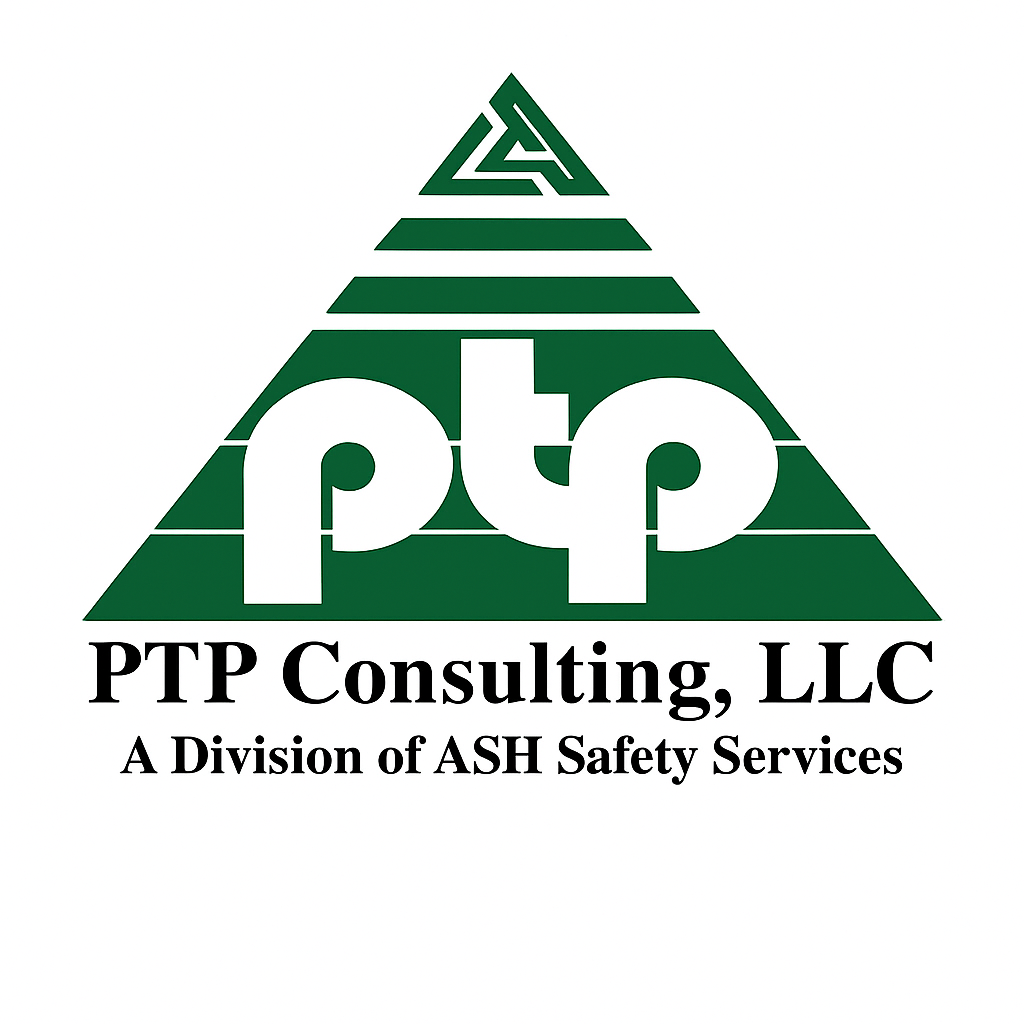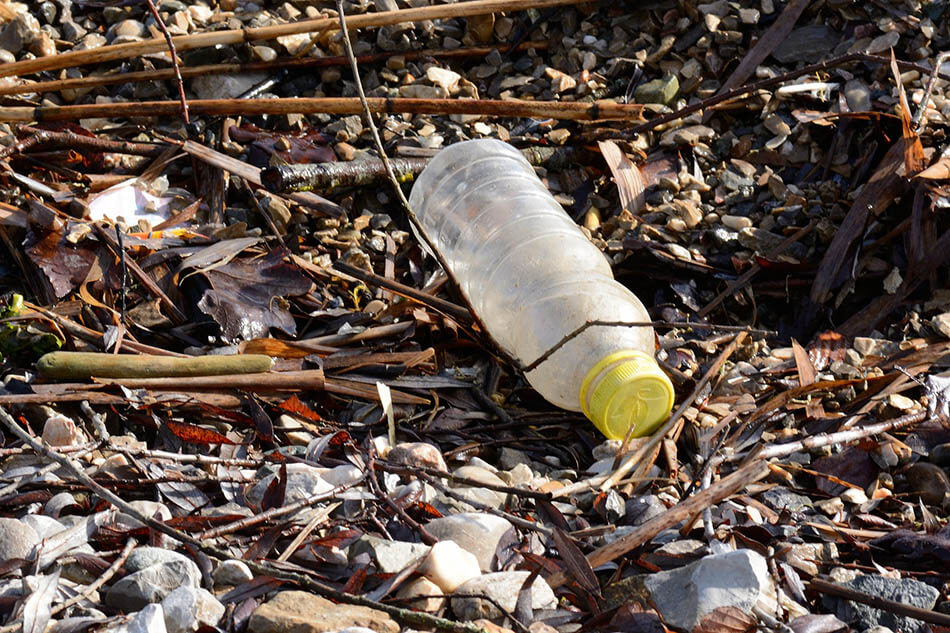Plastic waste is one of the most hazardous environmental pollutants in the world, and the problem is rampant. Despite the fact that it’s not discussed much and seems to be taken lightly by most people, the sheer amount of plastic waste being produced every year that’s not being recycled is far beyond the critical stage. It’s an outright catastrophe.
What Exactly is Plastic Anyway, and Why is it EVERYWHERE?
This extremely common artificial substance used in everything from picnic cutlery to high-end electronics actually finds its origins as a waste byproduct of the petrochemical industry. Plastic is formed from synthetic polymers derived from fossil fuels like oil, and is now a high commodity, due to its overuse in so many modern-day products. It’s ubiquity is both obvious and unsettling, as it is an extremely toxic substance.
Plastic by itself is not all that bad, as it can be handled without any ill effects, but when these synthetic materials start breaking down and decomposing, their toxic chemicals leech into the soil, the water, and even become particles in the air. Bits and chunks of it are scattered in our waterways, massive piles of it cover our landfills, it’s even in our drinking water.
Think about it: every bottle of soda, every phone case, every ziplock baggie, every old tv casing, discarded cup, broken toy, and cheap hanger, winds up in a trash heap somewhere. We produce metric tones of plastic products every single day all around the world, but it takes thousands of years to fully decay and return to the Earth in a natural form. During this time, its perfect synthetic chemistry breaks down into a multitude of toxic, hazardous particulates that then pollute our environment.
At their smallest level, these pieces of plastic have been dubbed “microplastics,” and are an environmental hazard right up there with asbestos or lead. In fact, evidence says they’re worse.
We’re dealing with a level of toxicity that really is unprecedented, and that’s saying something considering all of the different kinds of harmful chemicals and substances mankind has created since the advent of the Industrial Revolution. These artificial substances are a growing threat to marine ecosystems, which is the foundation for balance all over the globe. We’re already seeing the results of depleted oceans: the lethality of plastics combined with climate change means mass extinctions and dead seas.
Plastic is everywhere because it’s in almost everything we use, and there’s no where to put it. Great efforts have been made since the 90’s to recycle and reuse plastic products, but what is recycled is ultimately a minuscule amount, hardly a blip in the grand totality of consumer products.
Our current methods of regulating where plastic goes and how it is treated are extremely crude, hence the reason why the many want the EPA to completely overhaul their plastic waste policies for the better. The sheer volume of plastic we create every year is a planetary health hazard that only gets worse every year. New laws have to be enacted and more importantly enforced, in order to combat this growing problem.
The EPA is Not Doing Enough to Regulate Plastic
Despite a few new laws popping up since the 90s that seek to influence how plastic waste is dealt with, plastic is only increasing in volume all across the consumer landscape. This means more plastic garbage in landfills, and more microplastics in bodies of water. There is at present no telling just how bad the situation with microplastics is, but from studying the various giant “islands” of trash that have localized over various gyres in the middle of the ocean. scientists have been able to determine that currently oceans all over the world are drowning in plastic.
A legal brief from the Center For Biological Diversity was drafted for the EPA in order to address the fact that there are not currently enough regulations in place to handle our current rate of plastic waste production, let alone the amount that is expected to come over the course of the next few years.
The message this and other groups are trying to get across is that despite plastic’s relatively common and “safe” everyday nature, it is in and of itself an environmental hazard. We’ve come to live with plastic as a common part of everyday life, but the problem is, every piece of plastic has chemicals in it that are dangerous for biological life. So on the one hand you have the issue of microplastics and other small plastic chunks and objects that find their way into lakes, rivers, and oceans, where they inevitably end up in the stomachs of innocent animals. Plastic is not digestible. One small piece or two can destroy an animal’s health, a few more can render it immobile in pain, sick from toxicity, and dead in a few short months. The ecosystem is already under attack from numerous directions, we can ill afford to let something we have complete control over end the lives of millions of creatures and further imbalance the planet.
As ecosystems break down, life will get harder on us. It’s better for a multitude of reasons that we fund the research and the resources necessary through organizations like the EPA to regulate the threat that plastic poses to us, and seek to find alternatives to some of the common uses for plastic so that eventually we can phase it out of a lot of consumer products. Many believe that the EPA needs to step up and do a lot more than it is currently doing. It is clear that on many fronts, the United States government is simply not doing enough to keep track of what businesses and ordinary people are doing with their hazardous waste. This obviously needs to change.
With the EPA in Turmoil, What’s Next?
The issue with creating new and thoughtful legislation aimed at protecting the environment and regulating plastic is that right now the EPA is in flux. The current administration has been lackadaisical in how it is treating environmental hazards, and research into finding alternatives to plastic seem to be a far ways off. Now, as Scott Pruitt, head of the EPA under Trump has announced his resignation, it’s clear that ordinary Americans and other organizations may have to take the matter into their own hands if they want to get change going.
We have to be responsible for the environment we live in and how we dispose of our waste. It’s not always an easy thing to be conscious of something so common as plastic, but to be sure it is absolutely necessary. The health of the planet and its oceans depends on us finding workable solutions.
Do your part to limit your usage of “disposable plastics,” such as plastic cutlery, razors, plastic bags, and bottles. Recycle what you can and be mindful of old toys and trinkets around the house that you would ordinarily toss in the garbage. An ordinary plastic doll takes thousands of years to decompose, and once it does, it breaks down into smaller and smaller pieces of toxic plastic that could end up in the oceans and even in your groundwater. Raise your awareness and with any luck, we will be able to begin enacting change at the governmental level and start seeing real answers as to plastic waste policy heading into 2020.

